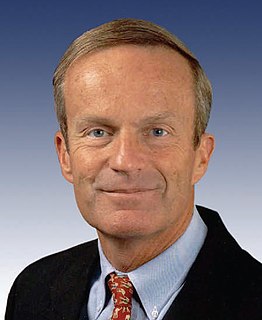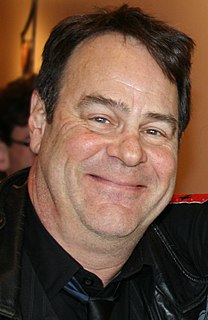A Quote by Bertrand Russell
Folly is perennial and yet the human race has survived.
Related Quotes
I think the ultimate sense of security will be when we come to recognize that we are all part of one human race. Our primary allegiance is to the human race and not to one particular color or border. I think the sooner we renounce the sanctity of these many identities and try to identify ourselves with the human race the sooner we will get a better world and a safer world.
By isolating the issues of race, gender, sexual orientation, climate change, environment, governance, economics, catastrophe and whatever other problems the present embodies or the future may bring, science fiction can do what Dickens and Sinclair did: make real the consequences of social injustice or human folly.
If hardship brought out the worst in people, the human race wouldn't have survived. Right after 9/11, for instance, the murder rate actually went down in New York City. In World War II during the Blitz, the civilians of London were bombed almost every night for six months, but psychiatric admissions declined.
I'm conscious of race whenever I'm writing, just as I'm conscious of class, religion, human psychology, politics — everything that makes up the human experience. I don't think I can do a good job if I'm not paying attention to what's meaningful to people, and in American culture, there isn't anything that informs human interaction more than the idea of race.


































